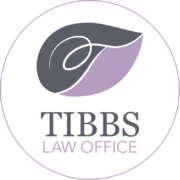Debt Collection: Being held liable for another’s debt
A spouse can be held liable for the other’s medical bills if the following factors apply:
1) the patient spouse is unable to pay
2) the non-patient spouse is able to pay
If the above factors are shown, the non-patient spouse may be held liable for the patient spouse’s medical bills unless the non-patient spouse has been abandoned by the other spouse without cause.
I usually get asked about this subject in an estate planning context. Once one spouse passes away, it is rare for the creditor to collect and here is why: In Ohio, the creditor’s claim must be made against the decedent’s estate within 6 months of the death. If the creditor does not assert its claim within 6 months, the creditor’s claim is barred. Once the claim is barred, the above rule applies.
If you are a surviving spouse finding yourself in the above situation, you should speak to an attorney. You have a few options. 1) You can claim that you cannot pay, especially now that you have to pay for the cost of burying your spouse. 2) You could also claim that the patient spouse abandoned you without cause. To determine if either of these arguments might work for you, you should seek the help of counsel to build your case.
Even with the above caviat, it is safe to tell clients that as a general rule, they will not be held liable for the debt’s of their spouse. It is always important to seek the advice of an attorney if you find yourself in a situation where people are claiming that you are liable for another’s debt. Creditors (and others) like to tell family members that they will be held liable, in an effort to collect. Just because a creditor tells you this, it does not make it true. Always seek the advice of a local attorney to address your specific situation.



